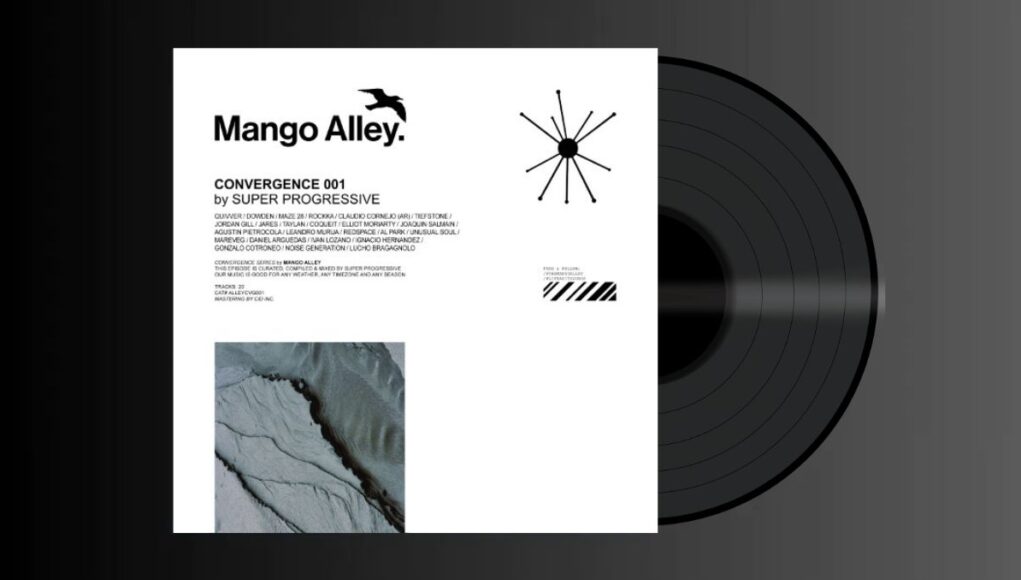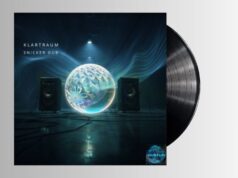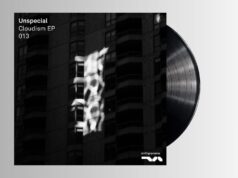Mango Alley’s new Convergence series aims to trace progressive house’s connective tissue across borders, and its opening volume is guided by William Noglows, better known through the platform he runs as Super Progressive.
For the past few years, Noglows has carved out a space dedicated to documenting the genre’s contemporary story: long-form interviews, archival digging, and a steady spotlight on communities outside the traditional hubs. His perspective has become an important reference point, situating progressive not as a relic of the early 2000s but as a living, international practice.
That curatorial eye carries into this mix. It begins with Daniel Arguedas’ Eudaimonia, a patient unfurling of bright pads and measured rhythm, before Ivan Lozano’s Volantis tightens the frame, folding tension into sharper percussion. The handover to Mareveg’s Sukha is near invisible, slipping into more expansive melodic shapes, while Jares & Taylan’s Blue draws the energy inward, creating a reflective lull.
From there the momentum accumulates gradually: Gonzalo Cotroneo and Noise Generation’s Disconnect thickens the texture, Claudio Cornejo’s Alnitak opens outwards with a starry shimmer, and Joaquin Salmain’s Biloba keeps the pressure taut. By the time Leandro Murua’s Radioactive arrives, the mix feels fully locked in its orbit.

Quivver’s Another Storm lands at the midpoint with a darker gravitational pull, its low-end weight turning the set on its axis. The transition is handled with restraint, allowing Redspace & Al Park’s Trends and Tiefstone’s Exerion to ride the shadow it casts. Jordan Gill’s Hex and Ignacio Hernandez’s Midnight Haze ease some of the density without losing propulsion, setting the stage for Lucho Bragagnolo’s Vulcano, which reintroduces heat in vivid tones.
The closing stretch is taut and decisive. Dowden’s Gavia and Maze 28 with Rockka’s Chroma sketch a late peak, Coqueit’s Scylla and Agustin Pietrocola’s Focus hold the line, before Unusual Soul’s In Circles starts to dissolve the edges. Elliot Moriarty’s Rosario Dreams ends on a note of suspension, less a conclusion than an open horizon.
What stands out isn’t just the selection but the pacing. Each segue is handled like a calibration of pressure, ensuring the arc feels continuous rather than episodic. The mix never rushes and never stalls, holding a steady course that speaks to Noglows’ broader project: framing progressive house as an ecosystem that thrives on subtle interconnections. As the first instalment of Convergence, it sets a tone of careful listening and global reach, positioning Mango Alley’s series as both an archive and a dispatch.








